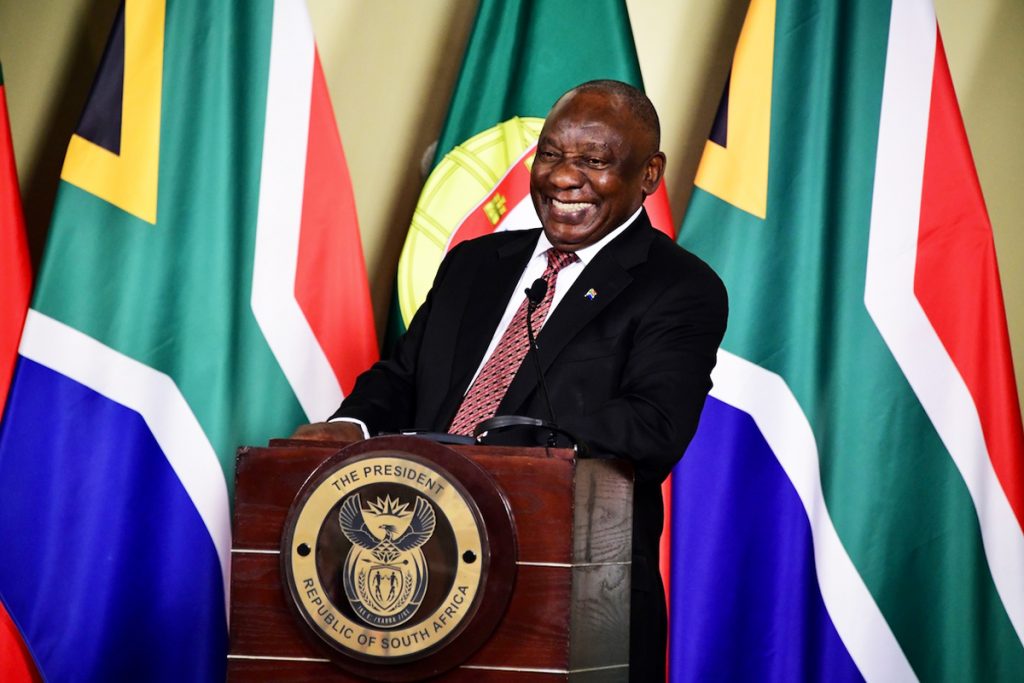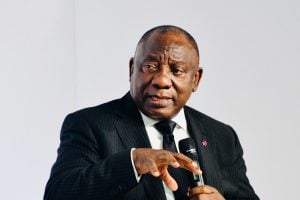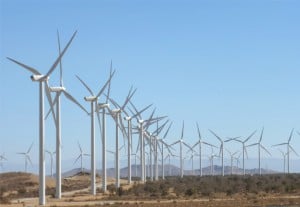South Africa can’t afford an extra public holiday, say experts

President Cyril Ramaphosa has announced that South Africa will have an extra public holiday in December – but experts say that a country which has experienced rampant load shedding and reduced revenue growth can’t afford to take yet another day off.
In an address to the nation on Monday night (30 October), the president said that the victory of the Springboks at the 2023 Rugby World Cup “rightfully calls for a moment to celebrate” – adding that South Africa will have the day off on 15 December 2023.
However, Productivity CEO Mothunye Mothiba and labour economist Andrew Levy have said the country can’t afford the extra day off.
Mothiba said this is especially true for a country with declining productivity due to local factors such as load sending. At the same time, Levy noted that this is just another political move to gain favour before elections.
Speaking with Kaya Biz, Mothiba explained that of the 365 days in a year, 104 of these are weekends, and in South Africa, another 14 in 2023 are public holidays – meaning over a quarter of the year is effectively “unproductive”.
247 of these days are then left for productivity (i.e. business operations), but when you consider the massive and costly impact of load shedding has had, South Africa simply cannot afford another day of no production, said Mothiba.
According to EskomSePush data, South Africa has experienced 252 days of load shedding so far this year as of 31 October – which has had a massive impact on the economy.
The South African Reserve Bank (SARB) estimated that 14% of business hours were lost in the industrial sector, while the commercial and agricultural sectors varied between 11% and 12% in 2022. However, lost business hours are likely to be even higher in 2023, as there were only 157 days of load shedding in 2022.
In August, Electricity Minister Kgosientsho Ramokgopa revealed that load-shedding so far in 2023 could cost the South African economy R1.6 trillion in lost economic activity – R400 billion more than last year.
Additionally, not only do wage earners get paid double on public holidays if it falls on a day they would typically work, but salaried employees also plan their leave and take extra days off to take full advantage of the public holiday, further hampering productivity.
Levy said there is massive absenteeism around public holidays, so businesses in South Africa lose much more than a single day.
He added that this move from the president reminds him of the old adage about ancient Rome: “How do the Cesars stay in power? With bread and circuses,” he said – highlighting the pressures of the elections next year and the call of the people for the holiday (as promised by the president before the Rugby World Cup).
Still out for debate
Whether or not a public holiday helps or harms a given economy is a contentious debate – with some authorities saying it promotes extra spending by boosting domestic tourism, retail sales, hospitality, and catering industries.
In 2011, Italy added a one-off holiday to mark the 150th anniversary of Italian unification. Analysing the economic data around the holiday three years later, Francesco Maria Esposito, then at the Catholic University of Milan, found a small but positive impact.
A separate study, also conducted in Italy, showed that a paid day off positively impacted staff morale – finding that workers were more productive the day after a holiday because they were “rested and relaxed”.
In contrast, others say it hurts the more significant contributors to GDP, such as manufacturers and mining.
In 2011, when former president Kgalema Motlanthe unexpectedly added another public holiday to South Africa’s calendar, BDO South Africa estimated the cost to the GDP was R7 billion in lost revenue.
Read: It’s time to ditch our “useless” politicians, says Investec CEO



















